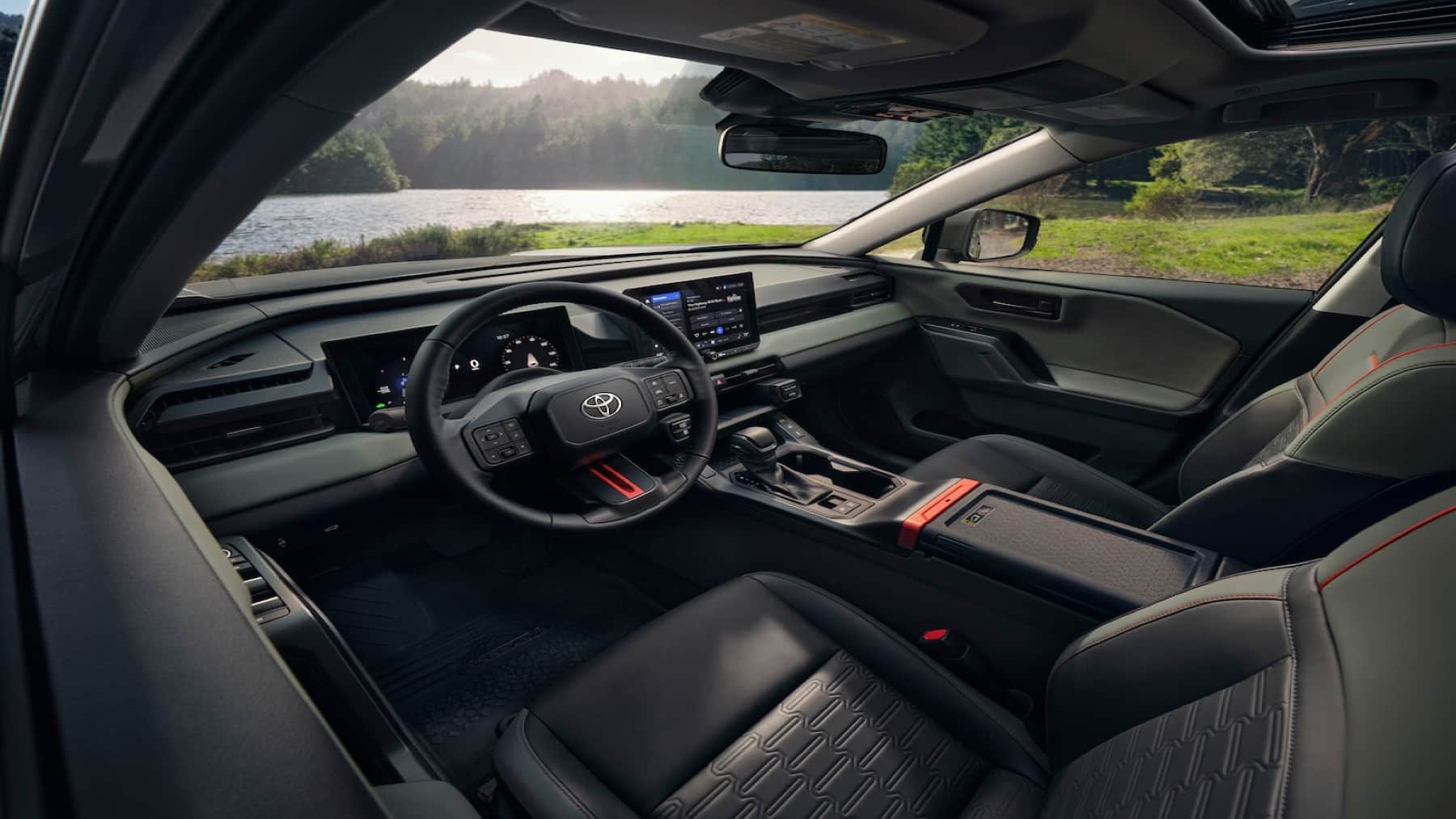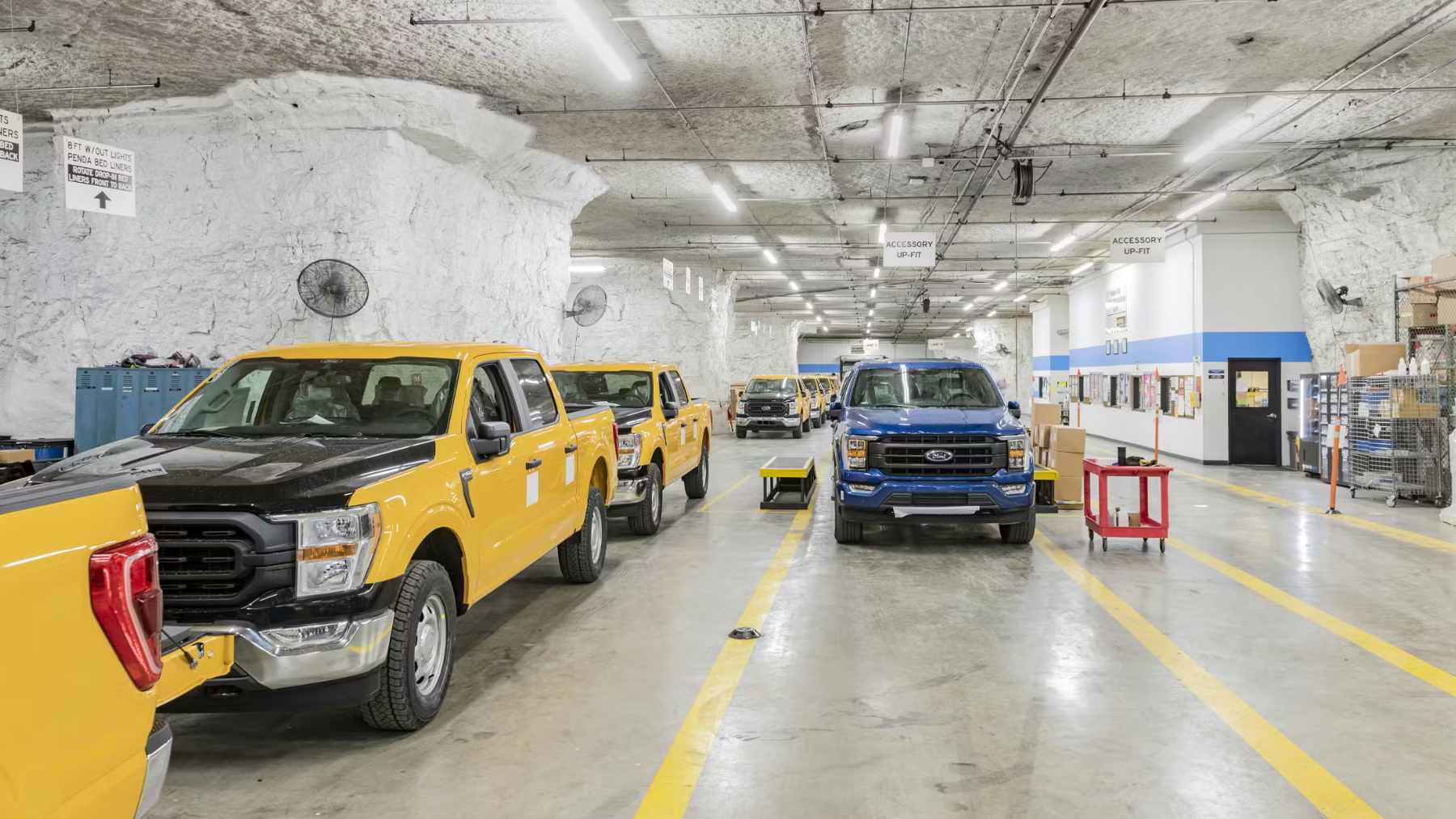Toyota’s new hybrid has just been released with new exciting features and designs. Toyota has long held a steady position as a leading vehicle manufacturer, bringing innovative and advanced models to consumers globally. The company has not only ensured that it continues to remain ahead of trends and new technology, but has long been a pioneer of alternative engine technology. Notwithstanding its advanced electric and hybrid engine offerings, Toyota has come to be a leader in the hydrogen fuel-cell engine world.
The hybrid vehicle leads the way for alternative engines
The past decade alone has seen increased attention given to alternative engines due to the pressure the transportation industry is facing to move away from the internal combustion engine. While companies such as Tesla paved the way for the rise in popularity of fully electric vehicles, the hybrid electric model remains the most popular alternative vehicle model seen on the road.
The dominance of the hybrid over fully electric engines is largely due to consumer concern pertaining to range longevity and available charging infrastructure. While automobile companies demonstrate exceptional alternative engine technology developments, their widespread adoption will remain limited so long as supporting infrastructure remains underdeveloped. While industries continue to scale up this kind of infrastructure, the hybrid vehicle provides a popular bridging solution, allowing consumers to choose more sustainable engine solutions while also having flexibility with access to fuel.
Toyota’s new hybrid vehicle launch reveals these new details
Toyota has continued to expand its global influence, achieving a remarkable feat with its RAV4 model being the best-selling small SUV in the United States. Since its release to the US public in 1996, over 6.4 million models have been sold. Recently, the company unveiled its 2026 RAV4 model, complete with a new generation of interior design and styling as well as technological updates.
The 2026 RAV4 will come in three distinct exterior styles that include core, rugged, and sport designs. The core design includes LE, XLE Premium, and Limited grades,” describes Toyota in a press release. “The rugged design comes on the Woodland grade. The SE, XSE and first-ever GR SPORT model make up the sport grades. The chassis has also been modified, with added frame rigidity and new suspension components for a smooth, easy-to-handle RAV4.”
In addition to these interior changes, the 2026 RAV4 models will now also move to be 100% electrified, with consumers having the option to choose between RAV4 Hybrid or Plug-in Hybrid models. Should you choose to go the hybrid route, Front- or Electronic On-Demand All-Wheel Drive (FWD or AWD) will be available to your picking, depending on grade. Toyota’s new hybrid vehicles are just one of the company’s new model projects currently in the works for the US market.
Toyota continues to drive innovation and sustainability
Toyota has continued to provide an impressive lineup of vehicles with myriad engine offerings in order to diversify its portfolio and demonstrate a commitment to sustainability and advanced vehicle developments. While the Japanese company has continued to join the likes of other major automobile companies by increasing the presence of electric vehicles on the road, they have continued to make headway in other alternative engine projects, including hydrogen fuel-cell vehicles.
Toyota’s collaborative approach to advancing alternative vehicle adoption has meant that the company has worked to provide multiple avenues for competitors to ask for its assistance in putting a variety of alternative engine offerings on the road. This has manifested in the steady rise of hydrogen fuel-cell engines, with more automobile companies now providing both electric and hydrogen solutions to their customers in order to strive for a more sustainable transportation industry and cleaner energy sector.
Disclaimer: Our coverage of events affecting companies is purely informative and descriptive. Under no circumstances does it seek to promote an opinion or create a trend, nor can it be taken as investment advice or a recommendation of any kind.














